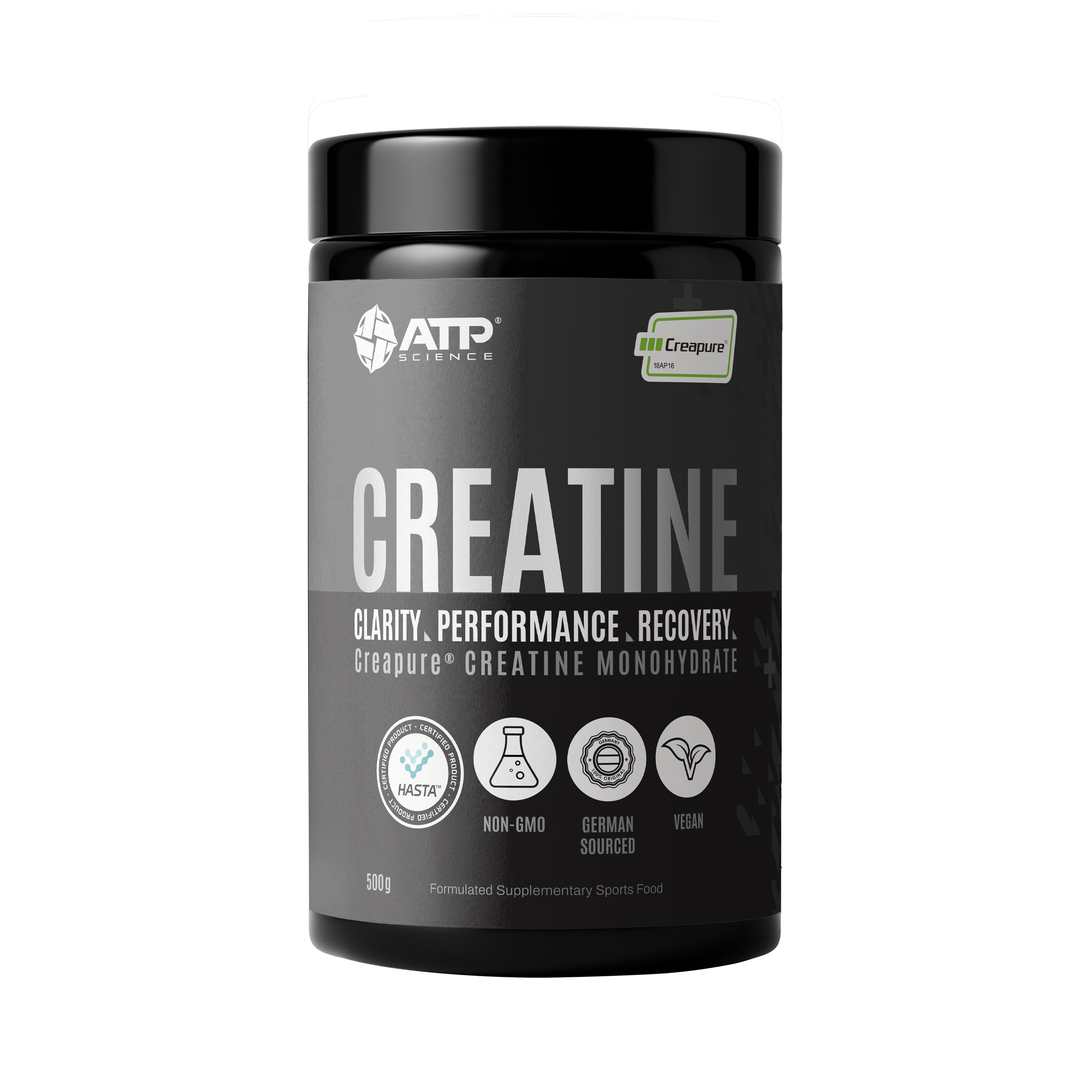Specific carbohydrate diet sounds like a bit of a mouthful, then comes in the talk on ‘complex carbohydrates’, and all of a sudden, when we thought diets were complex enough in their design most times, we are feeling more than a little lost wading amongst the information tidal wave out there.
Well, we are here today to break down both of them for you into bite-sized pieces of info you can confidently take away with you and teach your friends with a smug office watercooler knowledge-bomb smirk to seal the deal.
What makes ‘complex carbohydrates’ different from the usual carbohydrates?
Carbohydrates still function in the same manner in the general consensus around energy exchange and they break down into glucose for this purpose, to fuel us. They are a major macronutrient alongside that of fat and protein that are part of the human diet. They are comprised generally of three major components:
- Fibre.
- Starch.
- Sugar.
When we look at the sugar component there are many molecules that make up the different types of saccharides. This is where the simple forms and complex forms meet the fork in the road so to speak. Mono (one) saccharides contain 1 sugar molecule. 1 to two sugar molecules bound together form a simple sugar.
A complex carbohydrate is MORE than two. These are called Polysaccharides (poly = many) and Oligosaccharides (oligo = few). Sucrose i.e table sugar is a good example of this before we get too technical. These forms of carbohydrates that fit into the ‘complex’ carb category contain anywhere between a few and a large number of monosaccharides linked together. This can be a few at 6-10 to anywhere up to 200 monosaccharide units linked together.
Now, the ‘Specific Carbohydrate Diet’ – What is this?
The specific carbohydrate diet was constructed as a form of an elimination-style diet for the purpose of approaching an alternative treatment to that of digestive complaints. This form of diet is old, the specific carbohydrate diet (SCD), was originally described as a possible ailment to gluten intolerance way back in the 1920s and applied to patients in again in 1987.[1]
The Specific Carbohydrate diet focuses on removing complex sugar-based carbohydrates and retaining simple forms of no more than 1-2 monosaccharide forms.
Published in June 2016, a study was conducted across an anonymous survey online using REDCap. Within the survey, they finalized the respondents to a total of 417 individuals who actioned the SCD at a mean age of 34.9 + 16.4 years. Of the responders 70% were female. All responders had variations of lower intestinal discomforts and digestive complaints. The conclusion of this study: “The SCD is utilized by many patients as a primary and adjunct therapy for IBD. Most patients perceive a clinical benefit to using of the SCD.”[2]
SCD was first initially adopted early on by Dr. Sydney Haas and later adapted in the 20th century by Elaine Gottschall who used its implementation on her daughter with Ulcerative Colitis in 1994.[3]
Breaking the Vicious cycle
‘Breaking the vicious cycle’ was a book written on an adaption to Dr. Sydney Haas’ work in the 1920s by Elaine Gottschall. Elaine utilized this type of diet in her daughter’s regime after failing to find anything that would help with her gastrointestinal complaints. It has since grown into epic proportions of popularity and use. Prohibited foods on the SCD diet contain some of the following –
- Starchy tubers.
- Candy/chocolate/.
- Milk and milk products.
- Canned and processed meats.
- Some legumes.
- Grains.
- Processed sugars, molasses, and maple syrup.
Research is ever-growing in this field of interest and has shown many promising results, you can read these case studies below in the references section.
The ATP ‘Modbiotic’ Food List Adaption
The modbiotic food list consists of a variation of both concepts and the insight of the minds from ATP Science. Matt Legge - formulator and naturopath at ATP Science originally used the SCD when practicing in clinic in the past and has adapted what he knows now about incorporating polyphenol-rich foods with their modifying properties; in conjunction with that of eliminating complex carbohydrates for periods of time like the Specific Carbohydrate Diet. This combination sees a modern adaptation to the research so far with growing data gathering on the frontiers of science around the microbiome and gastrointestinal impacts on human health.
You can find out more on the Modbiotic food list here.
References
- Clinical and Fecal Microbial Changes With Diet Therapy in Active Inflammatory Bowel Disease. Suskind DL, Cohen SA, Brittnacher MJ, Wahbeh G, Lee D, Shaffer ML, Braly K, Hayden HS, Klein J, Gold B, Giefer M, Stallworth A, Miller SI J Clin Gastroenterol. 2018 Feb; 52(2):155-163.
- Suskind, D. L., Wahbeh, G., Cohen, S. A., Damman, C. J., Klein, J., Braly, K., … Lee, D. (2016). Patients Perceive Clinical Benefit with the Specific Carbohydrate Diet for Inflammatory Bowel Disease. Digestive Diseases and Sciences, 61(11), 3255–3260.doi:10.1007/s10620-016-4307-y
- Gottschall, E. Breaking the Viscious Cycle, 2nd ed.; Kirkton Press Limited: Baltimore, ON, Canada, 1994.
- Khandalavala, B. N., & Nirmalraj, M. C. (2015). Resolution of Severe Ulcerative Colitis with the Specific Carbohydrate Diet. Case reports in gastroenterology, 9(2), 291–295. https://doi.org/10.1159/000438745
- Suskind DL, Wahbeh G, Gregory N, Vendettuoli H, Christie D. Nutritional therapy in pediatric Crohn disease: the specific carbohydrate diet. J Pediatr Gastroenterol Nutr. 2014;58:87–91.
- Harrison T, Longo D. Harrison's Manual of Medicine.New York: McGraw-Hill Medical; 2013.


















